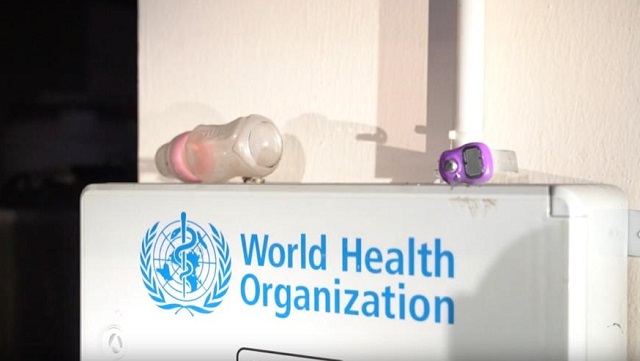It has been a longstanding slander on Israel that the Iron Swords war against Hamas terrorists caused starvation in Gaza. Now, the UK Lawyers for Israel (UKLFI) Charitable Trust has unveiled a scathing exposé dismantling the reports of famine in Gaza—reports that have been pivotal in shaping the narratives of the UN Secretary-General, the International Court of Justice (ICJ), and the International Criminal Court (ICC) in cases concerning Israel. This meticulous analysis lays bare a web of critical errors, flawed methodologies, and glaring misrepresentations, calling into question the very foundation upon which these influential bodies have relied.
In other words. To no one’s surprise attacks made on Israel were simply fabricated.
This comes just a week after Jewish Business News reported on how a revealing, data-driven analysis, a newly published study in the Israel Journal of Health Policy Research delivers an unprecedented look at the food supplies reaching Gaza during the first seven months of the Hamas-Israel war, found that food deliveries to Gaza met nutritional standards. Conducted by a team of multidisciplinary experts, the study meticulously assesses both the quantity and nutritional adequacy of these shipments, measuring them against international humanitarian standards.
The new report contradicted more than a year of anti-Israel propaganda that claimed Israel was denying Gazans basic food supplies and that the people there were on the verge of starvation.
Here are some of the report’s key findings:
No Actual Famine
Despite alarming projections, there has been no famine, as defined by IPC standards, in the Gaza Strip since October 2023. Acute malnutrition levels are only marginally higher than pre-war figures.
Flawed March 2024 Reports
IPC and FEWS NET reports from March 2024 projected an imminent famine in North Gaza and stated that there was a risk of famine throughout the Gaza Strip. These assessments were based on incomplete and inaccurate information:
– Significant sources of food and water supply were overlooked.
– The reports relied on a perception of rapidly increasing child malnutrition influenced by an erroneous baseline and possibly anomalous data.
Misclassification of Food Insecurity
Subsequent reports consistently assessed the situation in Gaza or parts of it as IPC Phase 4 (Emergency) when the data only justified a classification of Phase 3 (Crisis) at most. There is no relevant mortality or malnutrition data to support higher classifications.
Errors in Malnutrition Data Analysis
– FEWS NET and IPC reports incorrectly assumed that the prevalence of acute malnutrition assessed by Mid-Upper Arm Circumference (MUAC) in Gaza prior to October 2023 was 0.8% or 1%, when it was actually 4%.
– This led to erroneous claims of a tenfold increase in acute malnutrition since the start of the war.
– The perception of a sharp increase in acute malnutrition influenced projections and risk assessments.
Inconsistent Use of Metrics
Reports compared different metrics (Weight-for-Height Z-score and MUAC) or data from different age groups, leading to misleading conclusions about malnutrition trends.
The analysis uncovers a troubling pattern of overestimation and misrepresentation in famine reports concerning Gaza. Among the most critical issues identified are:
Reliance on incomplete or inaccurate data
Inconsistent application of methodological standards
Failure to update projections in light of new evidence
Potential bias in both interpretation and presentation of findings
These flaws have contributed to an exaggerated depiction of Gaza’s food security crisis, shaping international opinion and policy based on distorted information. While the humanitarian situation in Gaza demands aid and attention, the evidence does not substantiate claims of famine or emergency as defined by international standards. Moving forward, assessments must prioritize accuracy and objectivity to ensure that global responses are measured, fact-based, and truly reflective of reality




